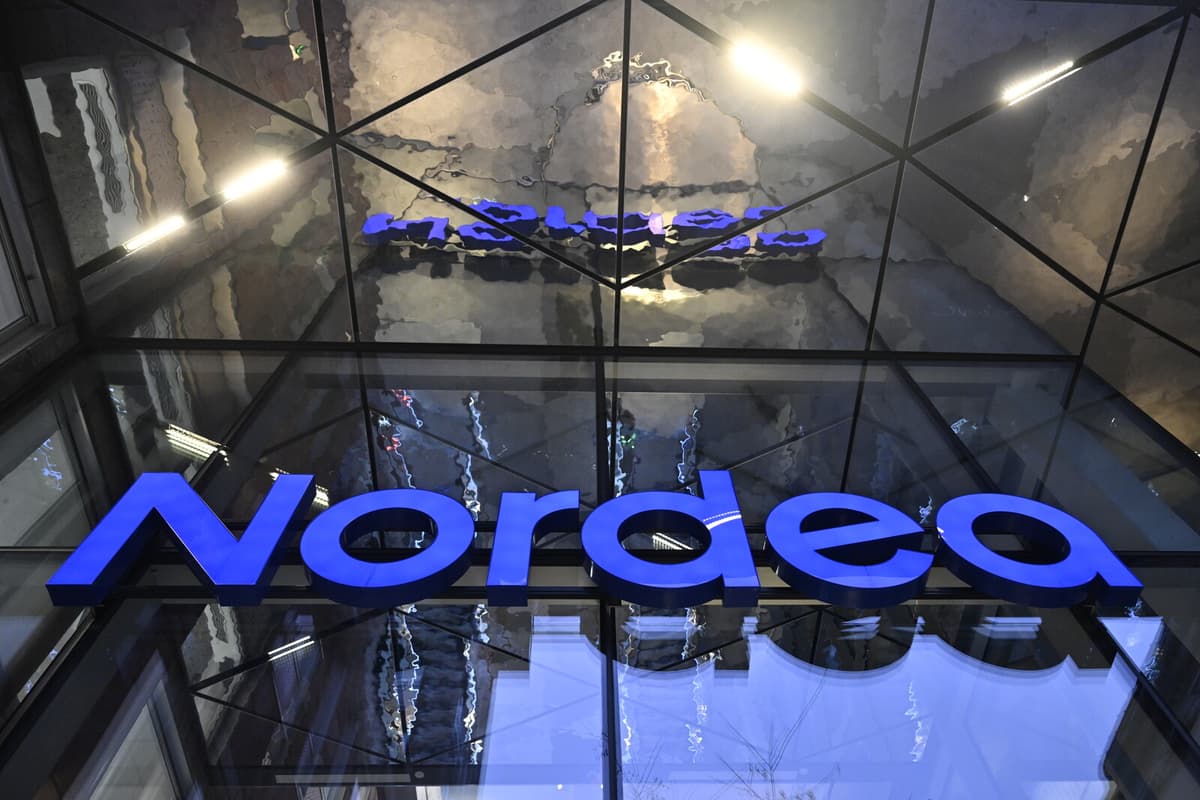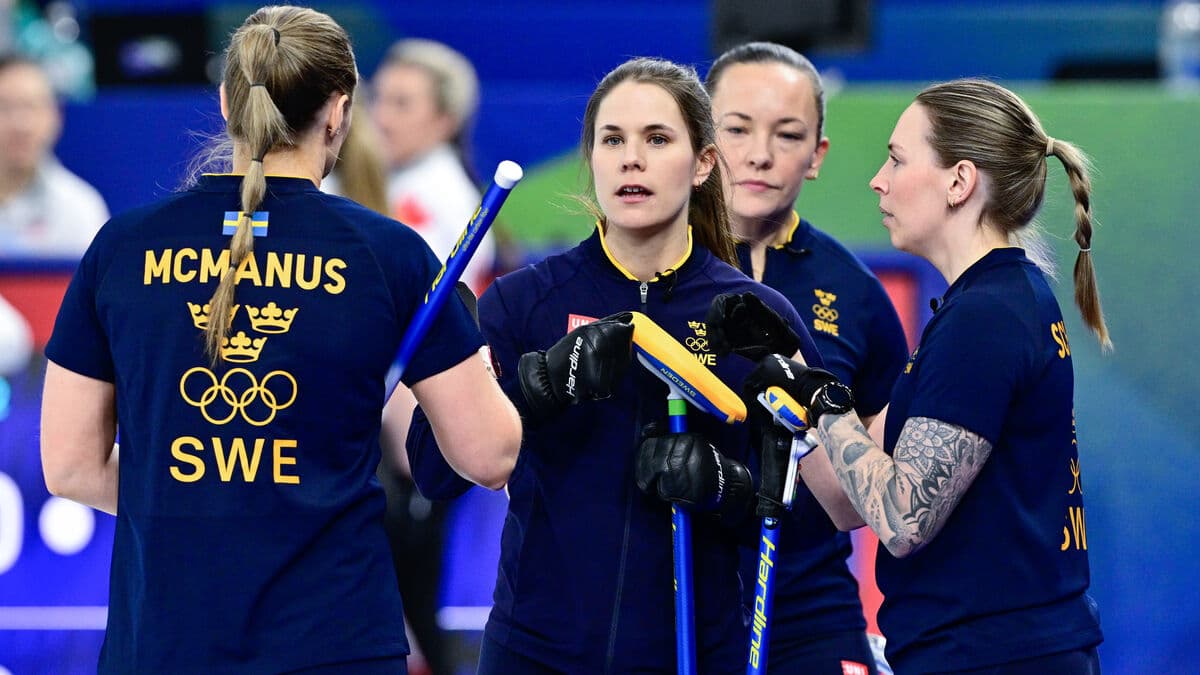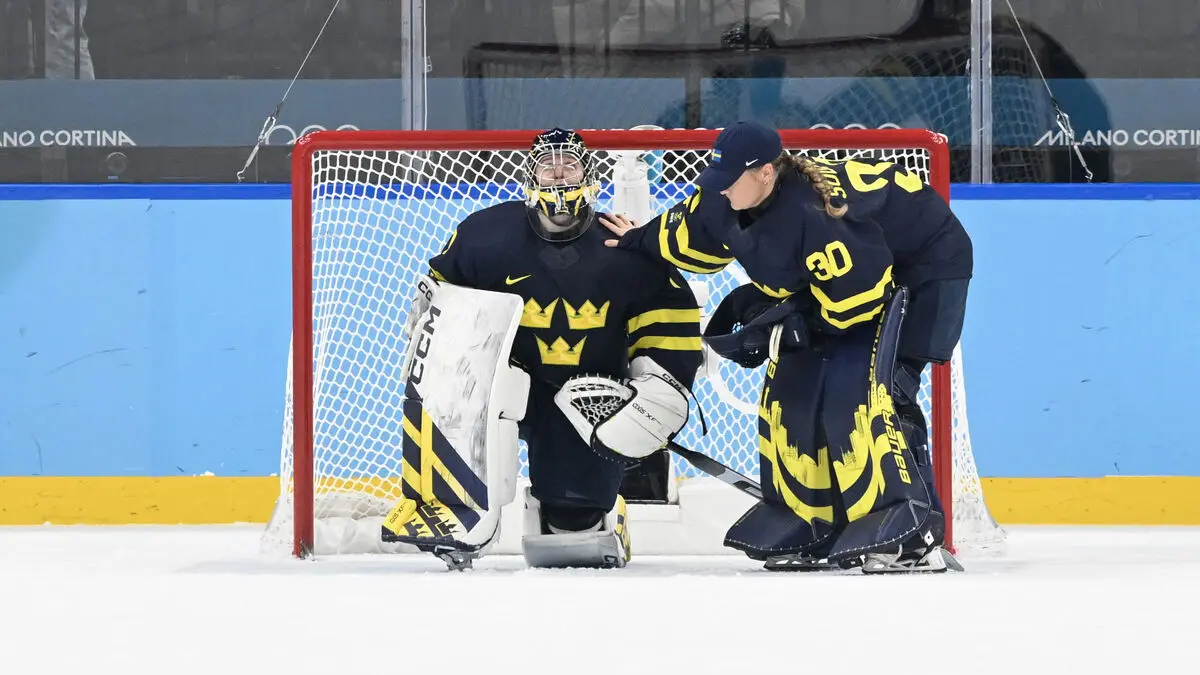No, I'm not worried. I think we can take it quite calmly in the Nordic region, says Frank Vang-Jensen about what he sees ahead.
I think we will see that the Nordic region is a good place to live and run a business in, he adds.
"We will all lose"
But Trump's tariff shock on April 2, the trade war with China, and the sharp turns in the US's geopolitical line have created an unusually high degree of uncertainty, he admits. This can put a damper on global growth and has already made both companies and households postpone major economic decisions.
We know that there will be tariffs. We know that it's not positive for anyone. We will all lose. The question is, how much will it be? says Vang-Jensen.
Advertisement
The Nordic region is, however, characterized by strong public finances, economically strong households, and a business sector that is good at adapting quickly and making tough decisions, according to the Nordea CEO.
When we get such big changes as we have now, with so much uncertainty, it won't be a particularly rapid recovery. But if you look back: We've gotten through the pandemic, we've gotten through the inflation crisis, and we've gotten through wars that are still ongoing in Europe. There you see that we as a society are quite adaptable, he says.
I think the second quarter will be cautious as customers are not as active as they could have been. But I also think we will adapt, he adds.
More ask for loan promises
Inquiries about loan promises from potential homebuyers are increasing clearly, and there are good financial conditions at Nordea to lend to housing deals. But the activity level on the housing market remains subdued.
Will it get much better in the second quarter? We'll see. I think it will remain low activity. But I think the direction is pointing upwards, says Vang-Jensen.
Among other things, he hopes that household consumption and demand for credits will get a boost from lower interest rates and lower inflation.
Nordea's mortgage loan volumes increased by 6 percent during the first quarter of the year compared to a year earlier, and customers' demand for loan promises continued to increase, while deposits from private customers increased by 7 percent.
Lending to companies was stable, while deposits rose 11 percent.
Nordea, the major bank, reports an operating profit before credit losses of 1,620 million euros for the first quarter of the year. This can be compared to 1,796 million euros during the same quarter a year earlier.
The net interest income, what the bank earns on the difference between deposit and lending rates, fell to 1,829 million euros, from 1,954 million euros a year earlier.
Analysts had on average expected a profit before credit losses of 1,541 million euros and a net interest income of 1,790 million euros for the recently completed quarter, according to a compilation of forecasts made by Bloomberg.
The fee income rose 4 percent to 793 million euros, and credit losses fell to 13 million euros, down from 33 million euros a year earlier.






